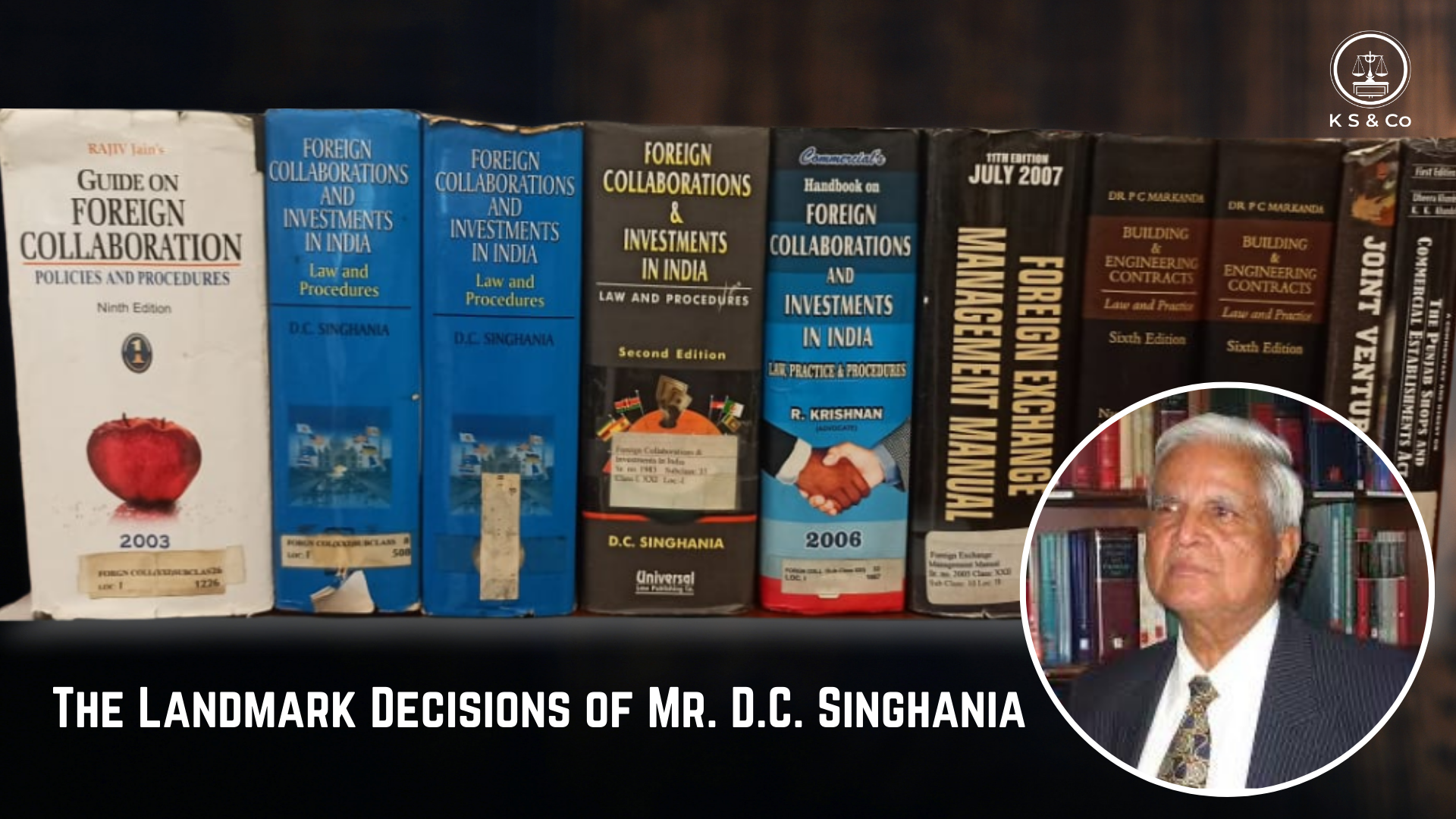COSID, Inc. (U.S.) v. Steel Authority of India, Ltd. (India) [1985] 11 Y.B. Comm. Arb. 502 (1986)
Date of Judgement: 12 July 1985
Principle of Law: Foreign award cannot be enforced if the matter involves violation of the Indian law under the public policy doctrine of India.
Referred in:
- Cottonex Anstalt vs. Comilla Spinning Mills Ltd [26 BLC (2021) 276]
Facts– Steel Authority of India, Ltd. (SAIL) (defendant), a firm partially owned by the Indian government, exchanged letters with COSID, Inc. and agreed to sell steel sheet coils to COSID.
- The sale agreement’s terms and conditions stated that any disputes would be arbitrated by the International Chamber of Commerce (ICC) in London, England.
- A disagreement emerged regarding the delivery of the coils, and COSID sought arbitration at ICC in London. The ICC arbitration ended in a victory for COSID.
- COSID approached the High Court of Justice of England and Wales, for the award to be enforced as a judgment. COSID’s plea for an order of enforceability was granted by the Supreme Court.
- COSID subsequently filed a case in the Delhi High Court to enforce the English award Foreign Awards (Recognition and Enforcement) Act, 1961 .
- SAIL filed an objection petition and contended that the award could not be recognized and executed in India because an order establishing the award’s enforceability had already been given by an English court. Resultantly, SAIL contended, the award was absorbed into the English judgment and was no longer actionable.
Issues:
- The primary issue in this case was whether the arbitrator’s award (Foreign Award) is unenforceable for the reasons and objections stated in the objection petition filed by SAIL?
Held: The Delhi High Court in the context of the 1961 Act, held that contravention of export policy contravenes the public policy of India. Wadhwa J. concluded that he could interfere with the findings of the arbitrator unless a specific question had been referred to him and answered.
He also held that enforcement of the award would be against public policy principally for two reasons: one, because under its Articles of Association, SAIL was bound by the directive/order of the Government and, two, the Government’s decision to ban the export was given the acute shortage of HR Coils existing in the country at that time.
Therefore, the arbitrator’s award could not be recognized and executed in India.





Leave a Reply